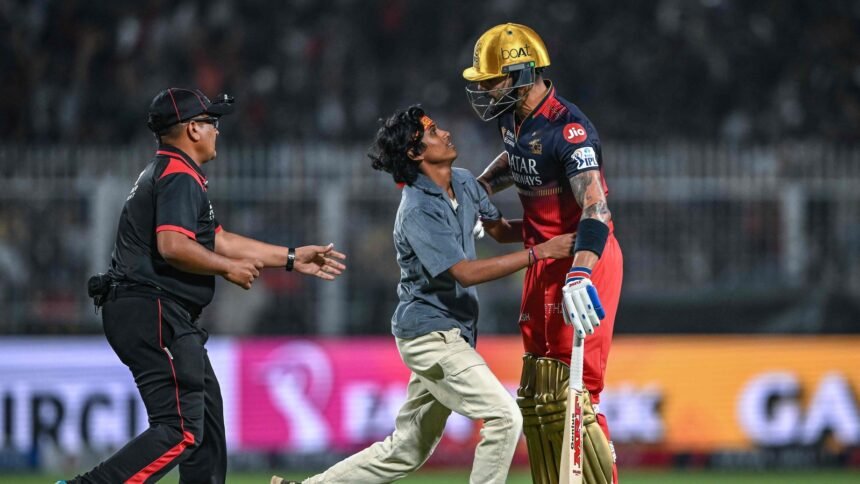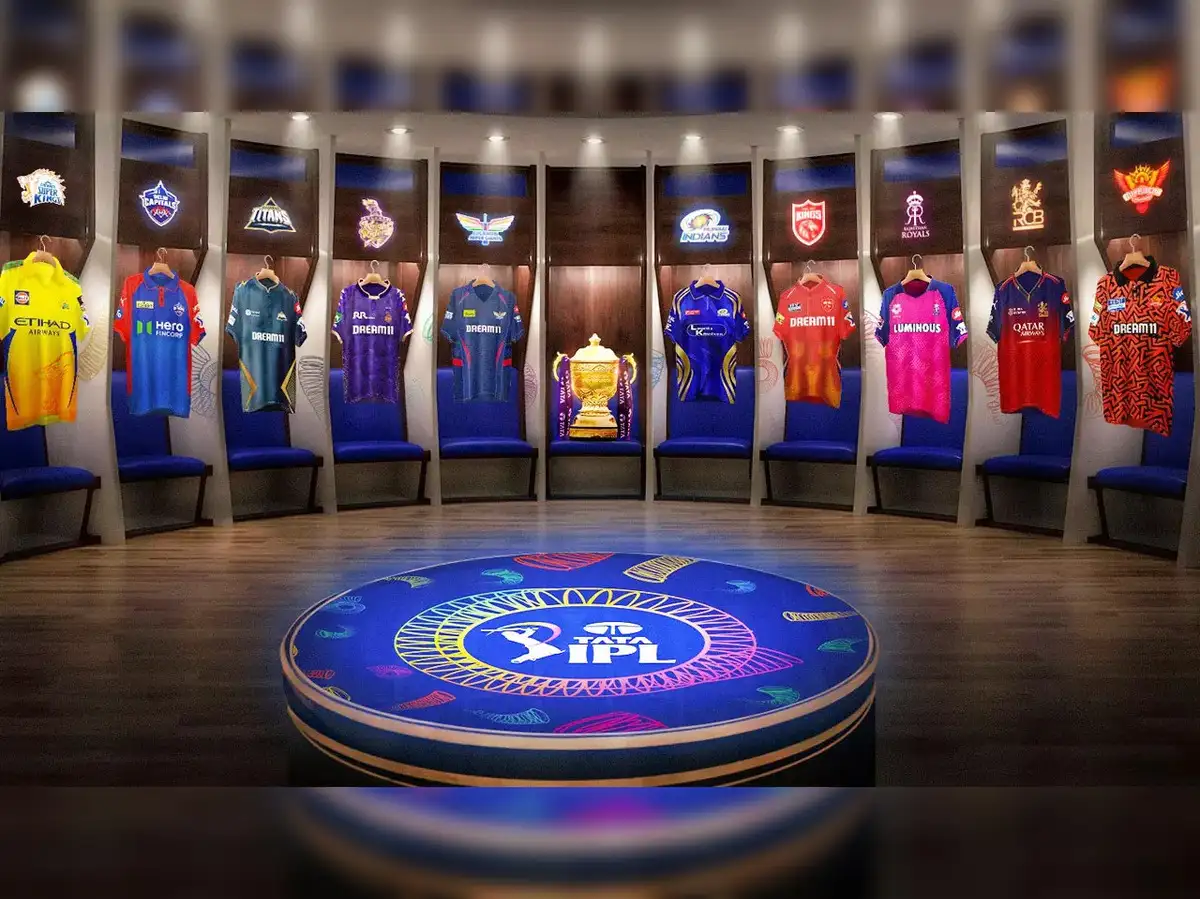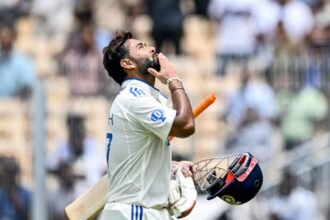IPL or Circus, Cricket, once dubbed the “gentleman’s game,” has evolved beyond the whites, red balls, and five-day test matches. It has become colorful, noisy, fast-paced — and extremely lucrative. Nowhere is this transformation more apparent than in the Indian Premier League (IPL). But this raises an uncomfortable question:
Is the IPL reviving cricket, or reducing it to mere entertainment?
The Rise of the IPL: A Billion-Dollar Spectacle
Since its inception in 2008, the IPL has become more than just a cricket tournament. It’s a summer blockbuster, a global carnival, and for many — a religion. Big-name players, Bollywood glamour, billion-dollar franchises, and high-stakes action make it a heady cocktail. Matches are played under lights, cheerleaders dance after every boundary, and drone cameras capture the excitement from every angle.
Financially, the IPL is a goldmine. In 2023, its media rights were sold for over $6 billion, making it one of the richest sports leagues globally. Players are auctioned like rare commodities, sometimes fetching prices in crores (millions). It has created celebrities out of cricketers overnight.
But here’s the catch — while the IPL is raking in the money and eyeballs, is it simultaneously draining the soul of the game?
Cricket or Circus? The Fine Line
IPL or Circus, It’s hard not to notice how the IPL resembles a circus — not in a derogatory sense, but in its flamboyance. The colors, drama, fanfare, and endless commercialization blur the lines between sport and spectacle.
Traditionalists argue that the spirit of cricket — which emphasizes sportsmanship, skill, and patience — is slowly eroding. Where’s the art of crafting an innings? The elegance of a well-fought Test match draw? The patience of a five-day game where strategy slowly unfolds like a chessboard?
In IPL, if you’re not smashing sixes or bowling 150 km/h, you’re simply not exciting enough. It’s all about instant gratification. And when everything becomes entertainment, authenticity often takes a backseat.
Short-Term Fame, Long-Term Cost?
The IPL has undoubtedly unearthed raw talent. Stars like Hardik Pandya, Jasprit Bumrah, and Rinku Singh gained recognition through the IPL. Youngsters see it as a dream launchpad — perform well, and you’re a millionaire, and possibly, a national hero.
But does it teach the grit required for Test cricket? Does it build character or simply reward flashiness?
Ask any cricket coach and they’ll tell you — T20s require a different temperament. The focus is on power-hitting, funky shots, variations, and innovation. While that’s not bad, it’s miles apart from the discipline and temperament needed in ODIs or Tests.
Players are increasingly specializing in T20s, ignoring the longer formats. Many retire early from Tests to focus on leagues. Some skip international duties to stay injury-free for IPL.
That’s where the real concern lies. Is cricket becoming a gig economy sport — players hopping from one league to another, prioritizing cash over the crest?
Entertainment Over Ethics?
IPL or Circus, Let’s also talk about the ethics of entertainment in IPL. The league is not untouched by controversies — match-fixing scandals, betting mafias, player conflicts, and excessive commercialization have plagued its image. When money becomes the prime driver, the risk of compromising integrity increases.
The IPL auctions sometimes feel like a player market. Athletes are reduced to numbers, bought and sold on the basis of stats. The human side of sport — the emotions, loyalty, team bonding — often takes a hit.
Even team identities are brand-driven. Players frequently switch franchises, weakening fan loyalty. Can you imagine Sachin playing for Australia or Dhoni leading Pakistan? Yet in IPL, that’s normal. Loyalty is often secondary to contracts.
The Bright Side: Reviving the Game’s Popularity
Let’s be fair — the IPL isn’t the villain here. It’s also revived interest in cricket, especially among younger audiences who find Test matches too slow. It has turned cricket into primetime television, where families watch together, debate strategies, and passionately support franchises.
It has also brought cricket to smaller cities, with players from unknown towns now playing on global stages. The exposure, experience, and pressure of the IPL have helped Indian cricket gain depth and bench strength. The IPL also provides financial security to domestic players who may never make it to the national team.
A Shift in Priorities
IPL or Circus, The real issue is balance. Cricket is evolving, and entertainment is part of that evolution. But when entertainment becomes the end goal, it can overshadow the sport itself. The focus shifts from building technique to building Instagram followers. From playing for the badge to playing for the brand.
Even the media now focuses more on which star arrived in what car, or which player danced with which actor, than the nuances of the game. The lines are indeed blurring.
What’s the Solution?
Should the IPL be banned? Of course not. Should it be regulated and refocused? Perhaps yes.
- Encourage Test cricket: Make the longer format more rewarding — both in terms of money and prestige.
- Educate young players: Help them understand the importance of patience, resilience, and legacy.
- Bring back ethics: Stronger anti-corruption measures, better player support, and transparent systems can help preserve the game’s spirit.
- Limit franchise control: Players should not feel like corporate assets. Create contracts that allow freedom, not slavery.
Read More: Best Bowlers in IPL History: Meet the Greatest IPL Bowling Legends
Conclusion
IPL or Circus, So, is the IPL a circus? Maybe. But every circus needs a ringmaster — someone to keep order, ensure balance, and protect the performers. Cricket needs its governing bodies, fans, and players to preserve its essence, even while embracing change.
The IPL isn’t killing the spirit of cricket — but unchecked commercialization might. The spirit lies in respect, in fair play, in passion — whether it’s a Test in Lord’s or a last-over thriller in Mumbai.
As fans, we must ask ourselves:
Do we want cricket to remain a sport, or are we okay watching it become just another reality show?







